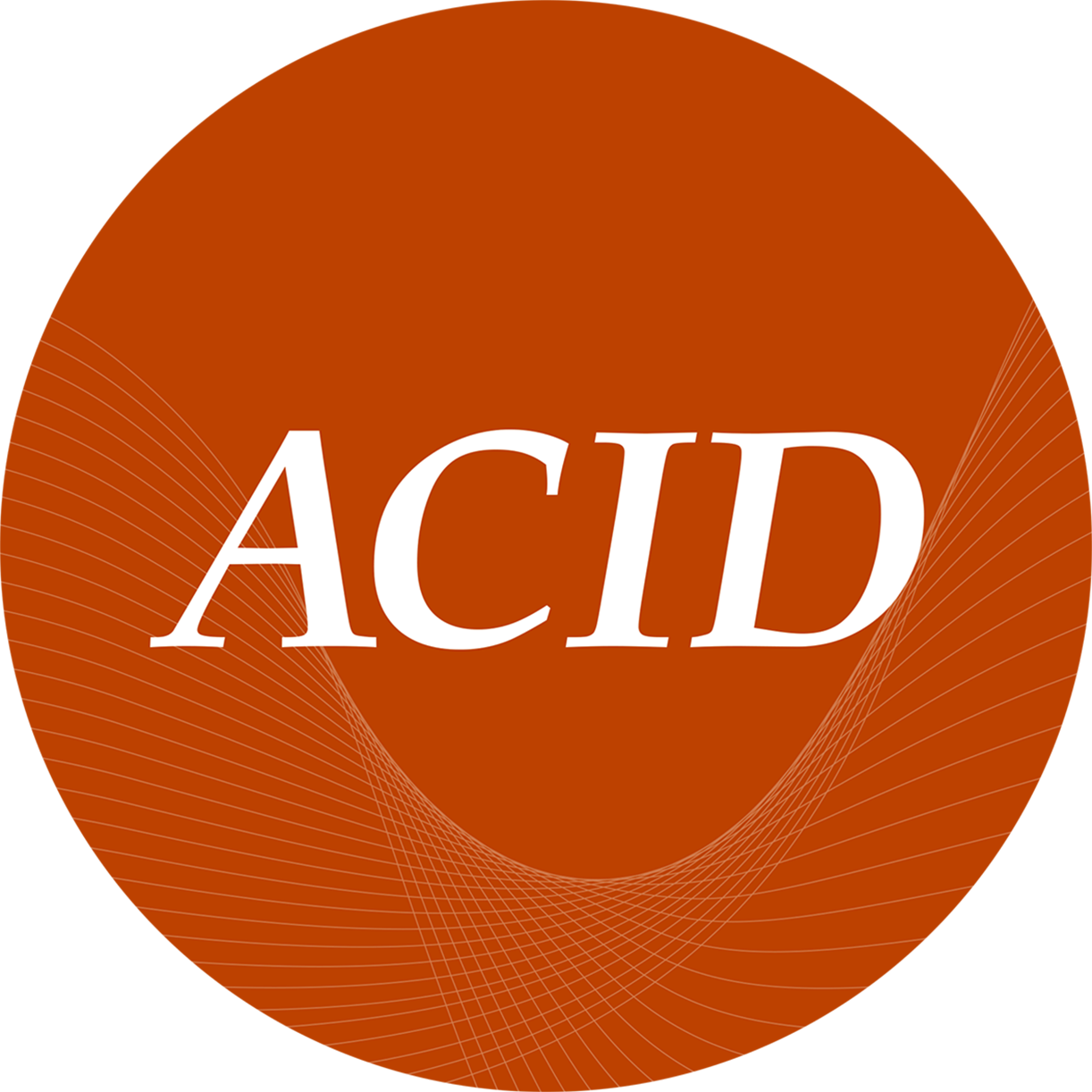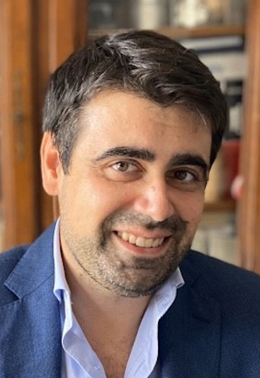Dr. Antonio Corvino is Associate Professor of Diagnostic Imaging and Radiotherapy (MEDS-22/A) at the Department of Medical, Movement and Wellbeing Sciences, University of Naples “Parthenope”. He is an academic radiologist with a strong educational background and extensive experience in diagnostic imaging techniques. His clinical and research activity focuses on the integration of ultrasound and contrast-enhanced ultrasound (CEUS) with advanced imaging modalities, both in abdominal and extra-abdominal settings. His approach is marked by precision, methodological rigor, and a strong focus on clinical impact, aiming to optimize diagnostic accuracy and patient management. After earning his medical degree in 2008 from the Second University of Naples, he completed his residency in Radiology at the University of Naples Federico II in 2014. In 2015, he obtained a second-level Master’s degree in Internal Ultrasound Diagnostics and Echo-Guided Therapies from the Catholic University of the Sacred Heart in Rome. In 2020, he completed a PhD in Science of Motor and Sports Activities at the University of Naples “Parthenope”. He holds the Italian National Scientific Qualification (ASN 2023–2025) for Full Professor in Diagnostic Imaging and Radiotherapy (MED/36). Dr. Corvino has authored or co-authored over 100 scientific papers published in peer-reviewed journals indexed in Scopus, with an h-index of 22. Many of these works were published as first or corresponding author. In the field of academic publishing, he serves as Assistant Editor for the Journal of Clinical Ultrasound (Wiley), is a member of editorial boards, and acts as a peer reviewer for numerous international journals. He has also authored several editorials and expert commentaries in the field of diagnostic and interventional imaging. His long-term research goals include the development and application of non-invasive imaging techniques, particularly ultrasound and CEUS, for the diagnosis of hepatic, gastrointestinal, vascular, breast, cutaneous, and musculoskeletal diseases. He is actively involved in the design of integrated diagnostic algorithms that combine scientific rigor, clinical effectiveness, and operational sustainability. His key professional strengths include leadership and collaboration in national and international research projects, mentoring of young doctors and residents, excellent communication and organizational skills, and a strong aptitude for solving complex clinical and diagnostic problems. He works effectively in multidisciplinary settings, always maintaining a cooperative, goal-oriented approach.









